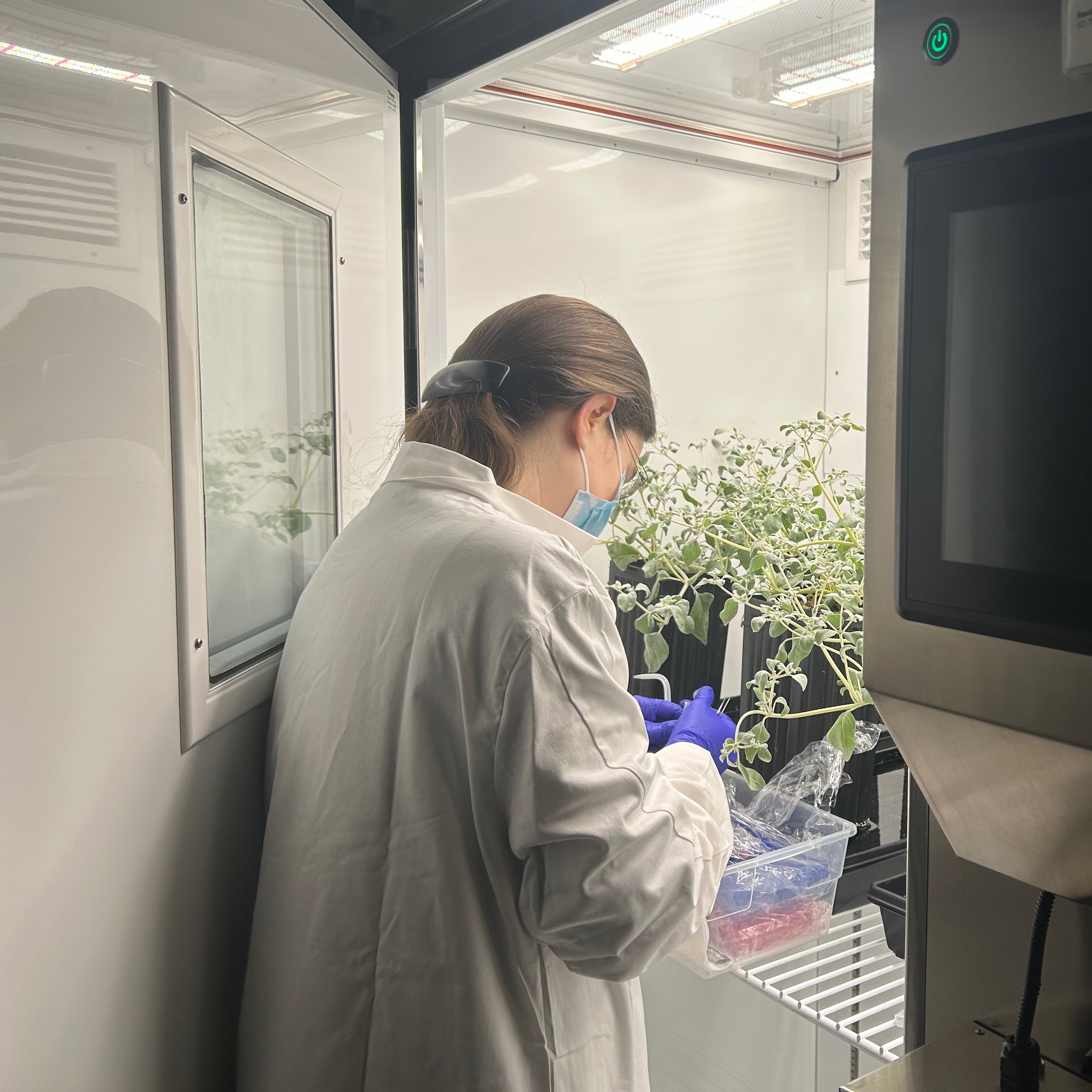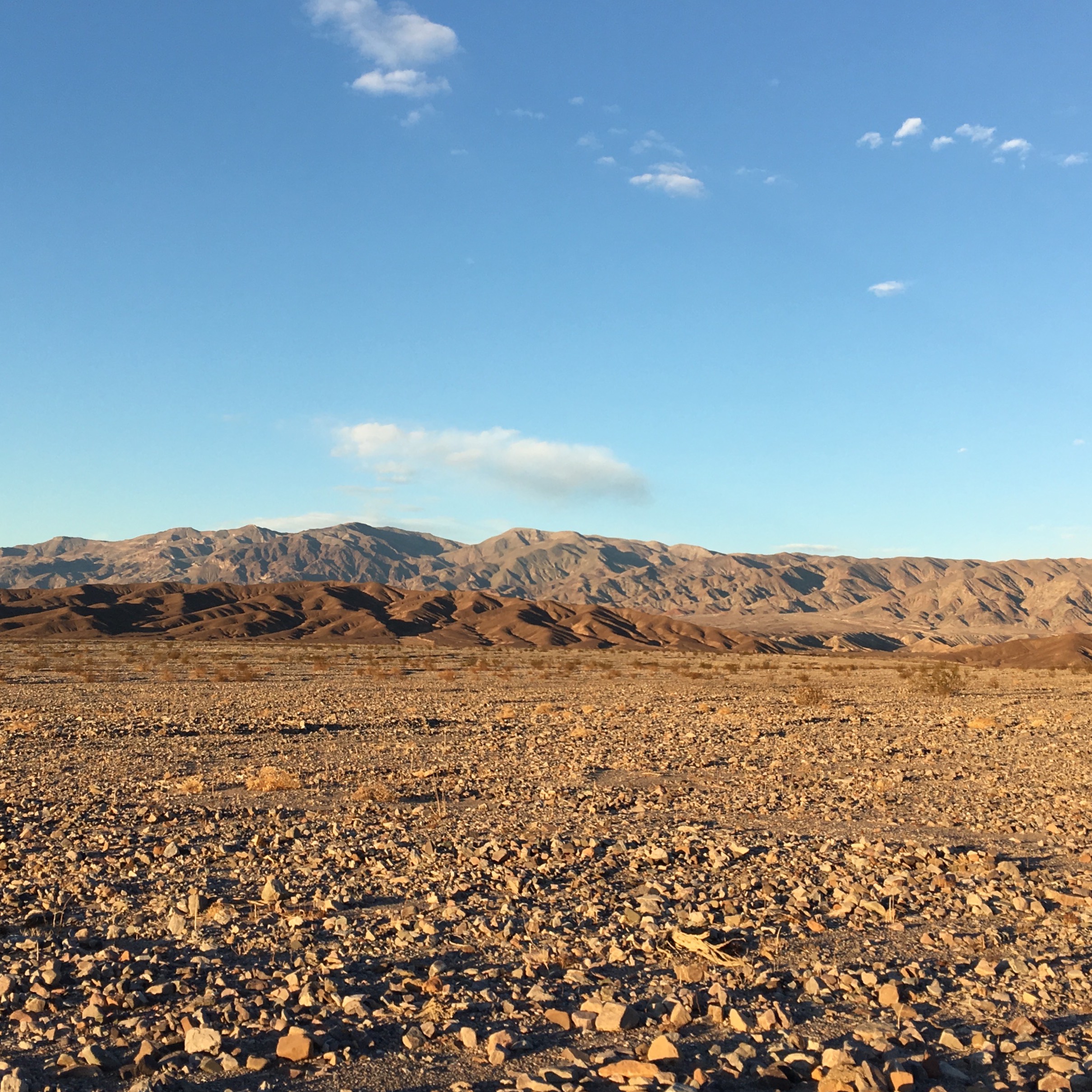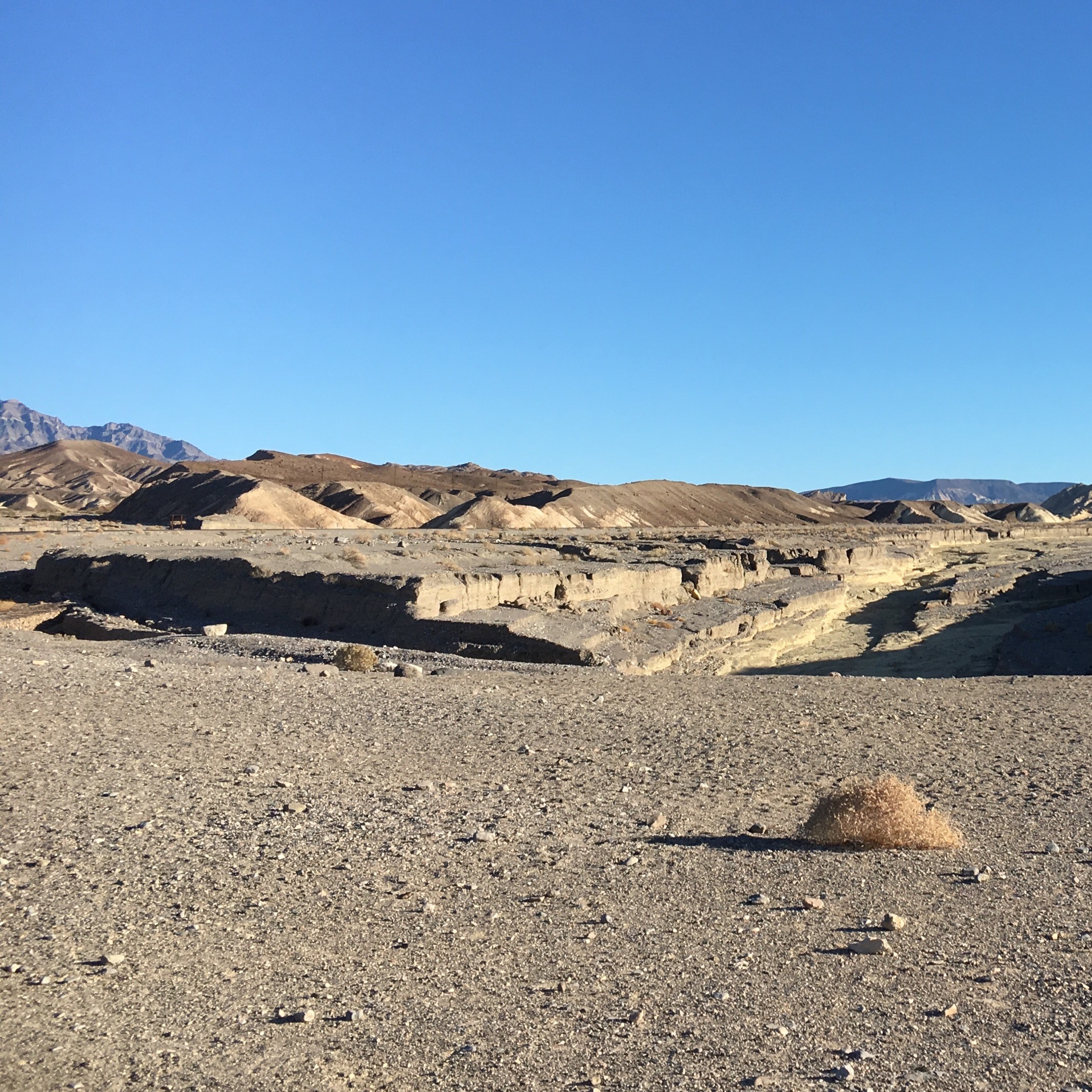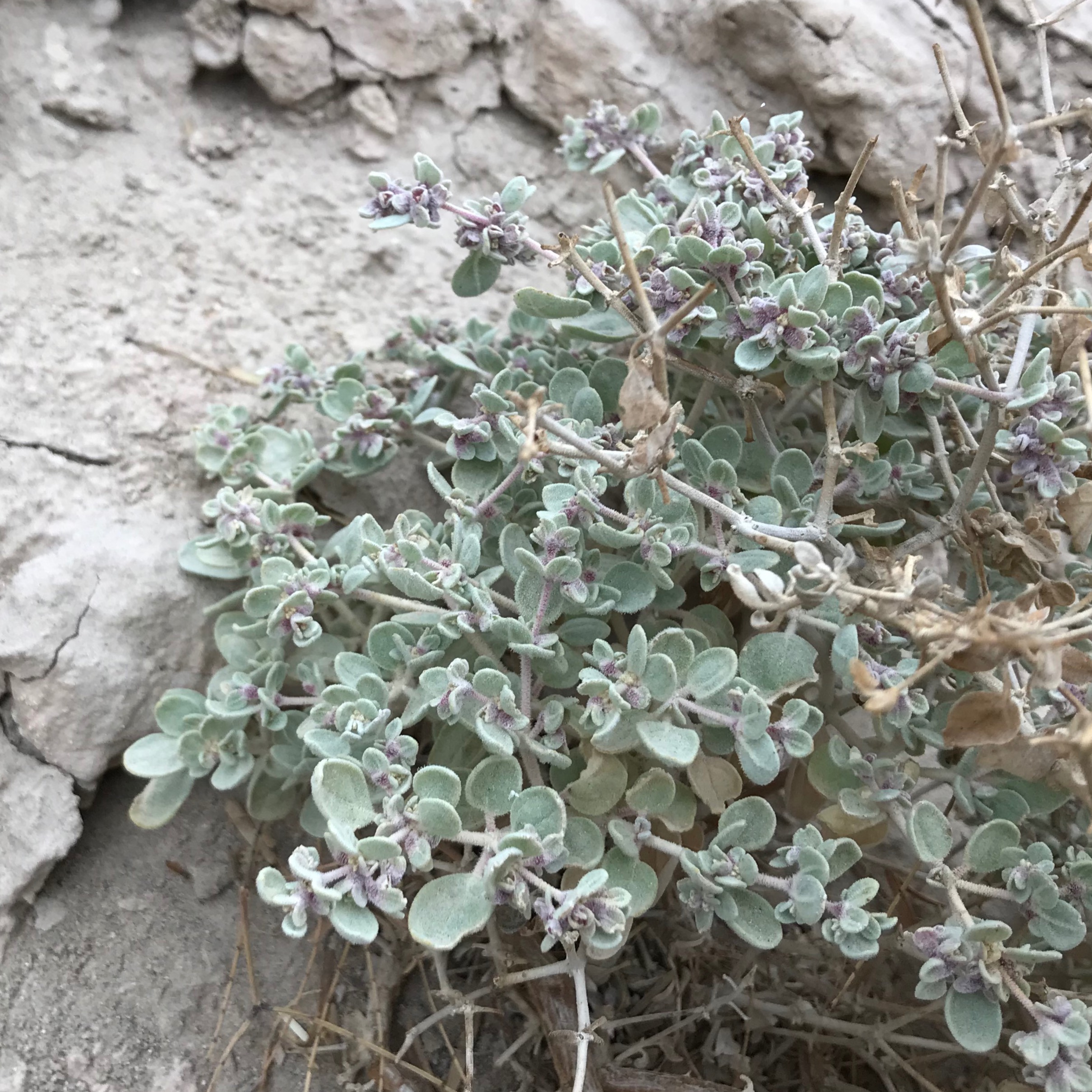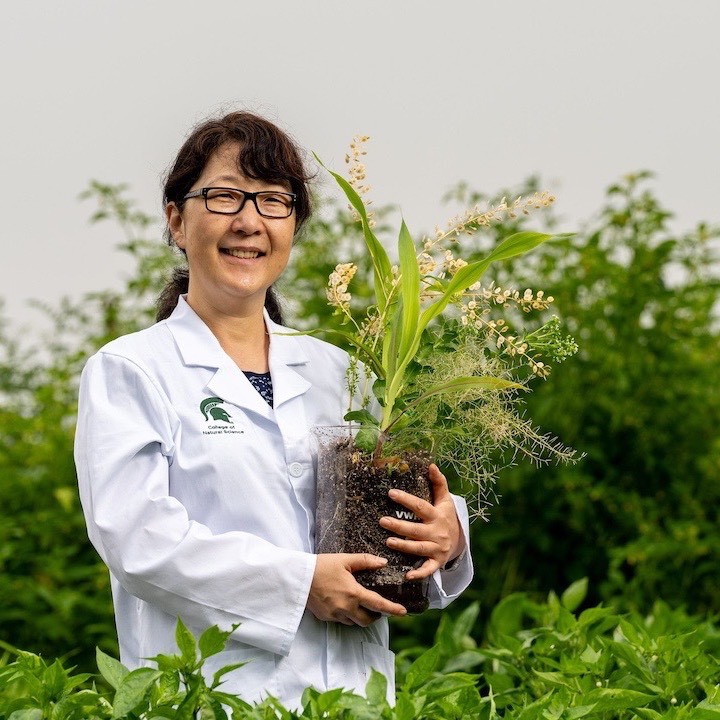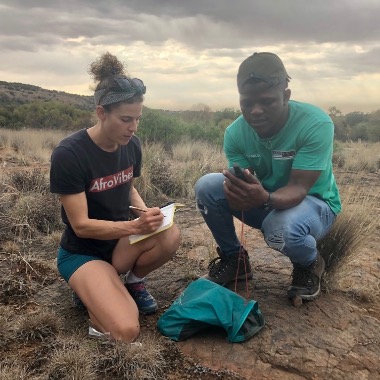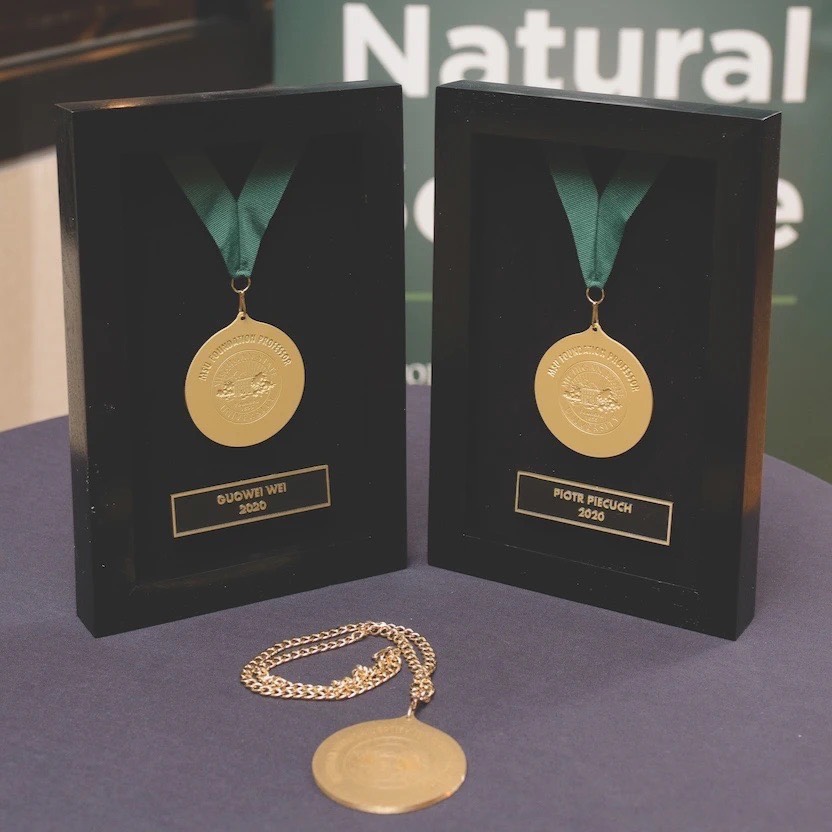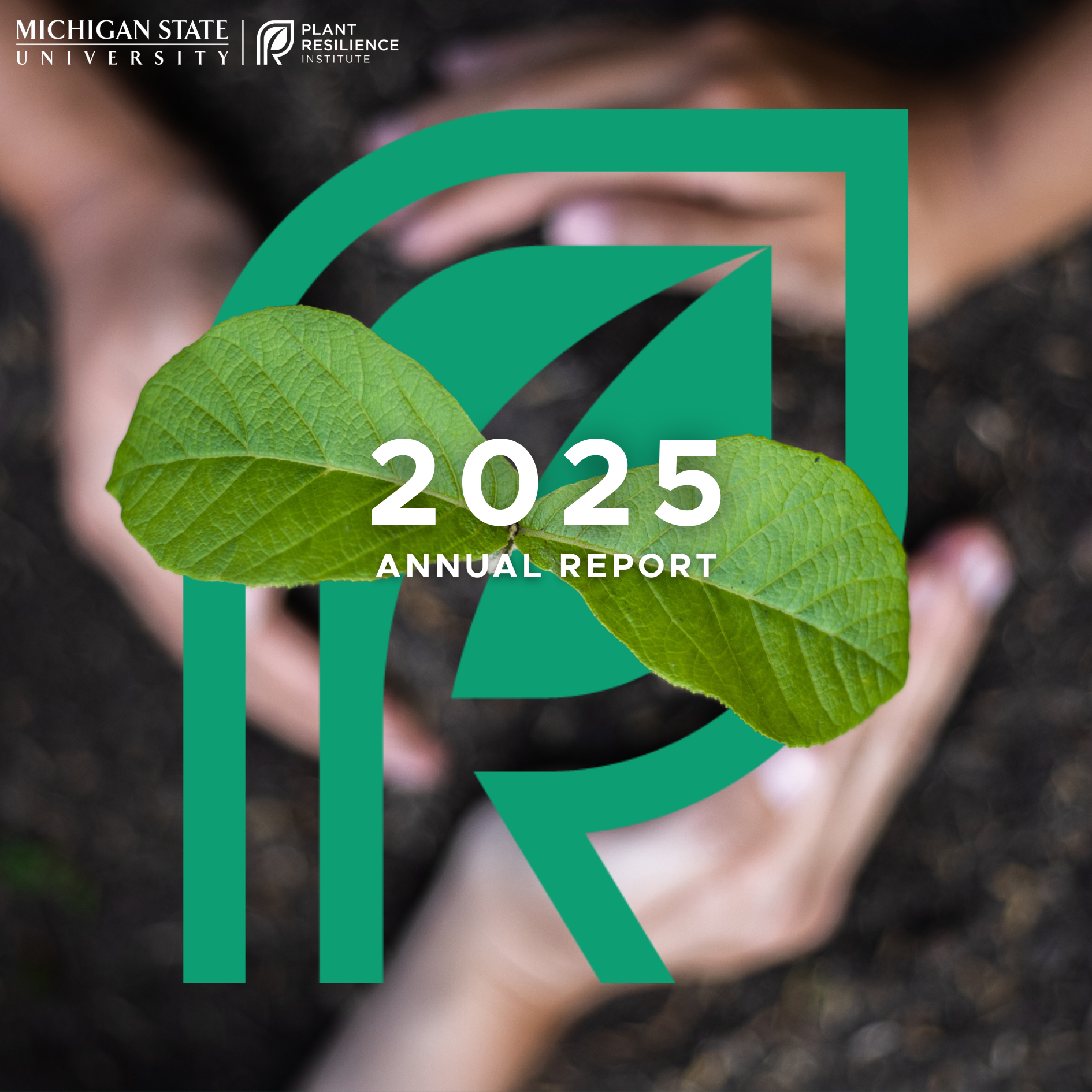News
December 12, 2025
PRI Director Sue Rhee gives a research presentation at the MSU Board of Trustees meeting in October of 2025.
December 4, 2025
Three PRI faculty members, Emily Josephs, David Lowry, and Sue Rhee, were recognized at the 2025 College of Natural Science Awards.
November 24, 2025
Tidestromia oblongifolia thrives in high heat—and scientists think it may hold the key to making food crops more resilient amid global warming.
November 13, 2025
A new discovery from the Rhee lab identifies natural strategies that enable plants to keep growing and photosynthesizing in extreme heat, revealing untapped blueprints for resilience.
November 7, 2025
In Death Valley, which boasts the record for the hottest temperature on the planet at 134°F, one native species is loving the blistering weather.
November 7, 2025
From growing smaller leaves to shape-shifting its insides, a desert flowering plant goes all in to flourish in the harshest of conditions.
October 14, 2025
Plant researchers are racing to build climate-resilient crops before global food systems reach a breaking point.
April 16, 2025
Dr. Rose Marks brought together a team of 39 researchers from across the globe to outline a comprehensive roadmap for advancing research on desiccation tolerance.
December 18, 2024
PRI Director Sue Rhee speaks on the MSU Research Foundation, which has empowered groundbreaking research and entrepreneurship at MSU for over 50 years.


